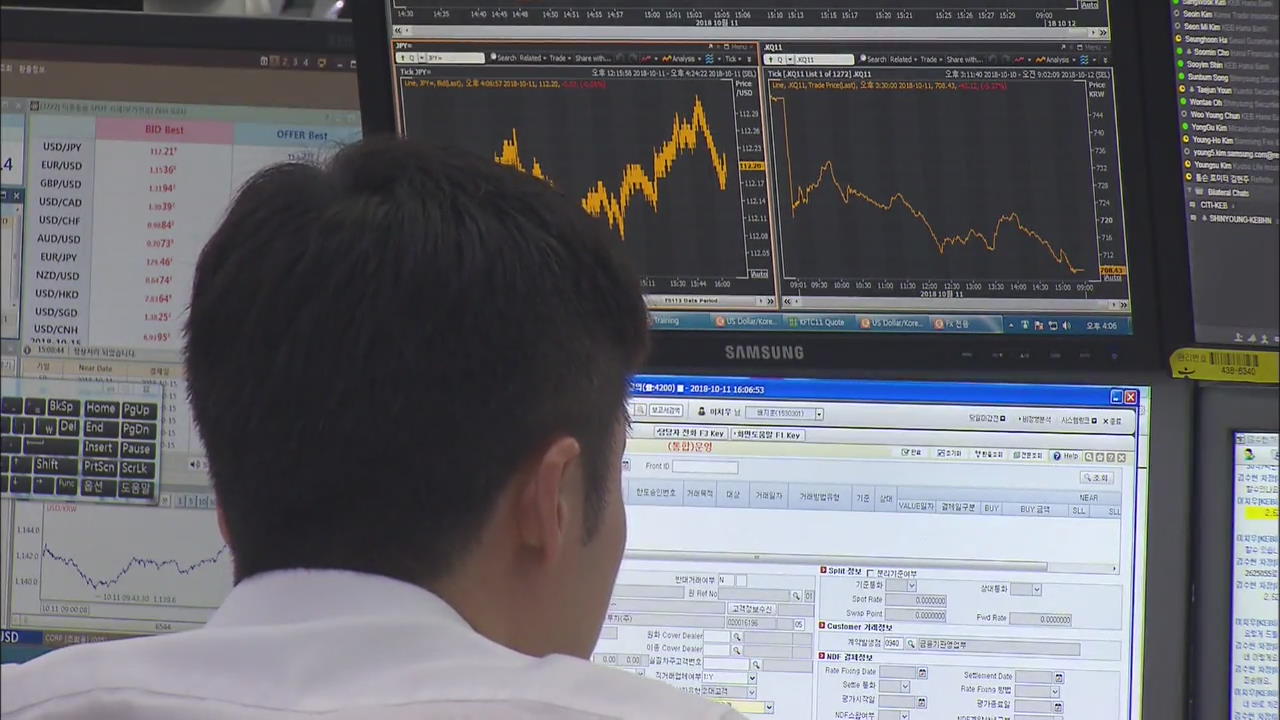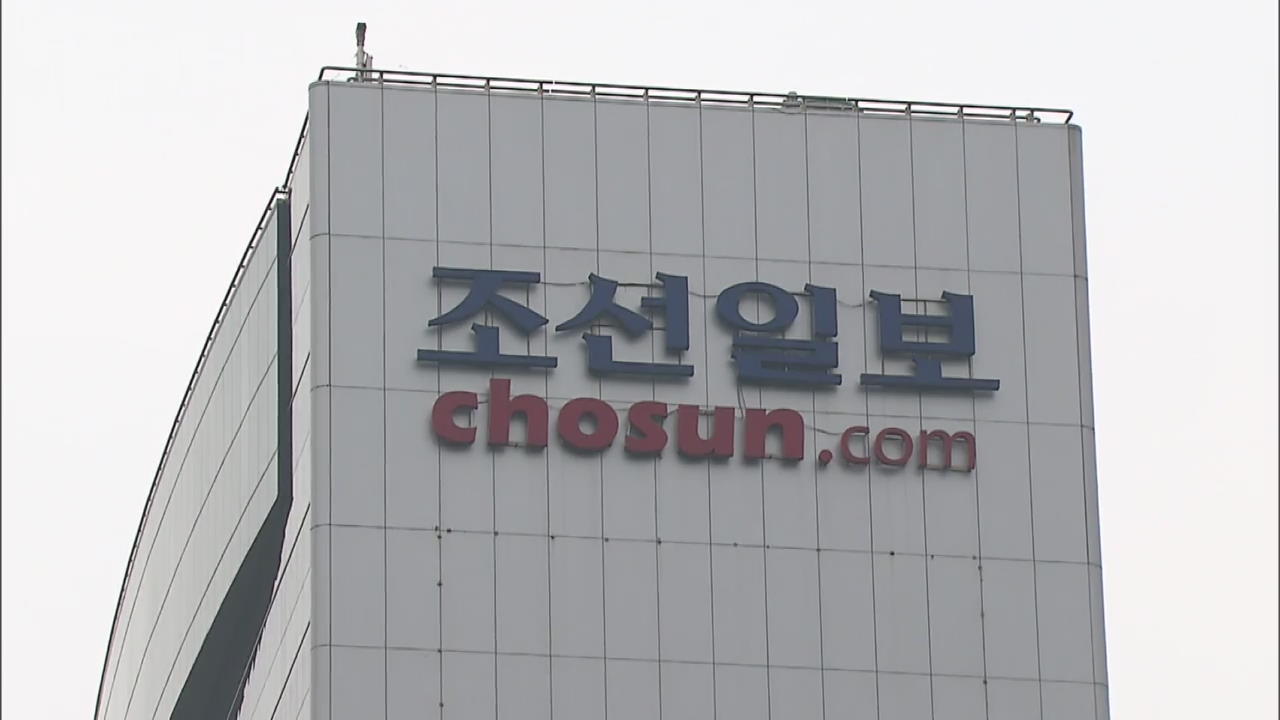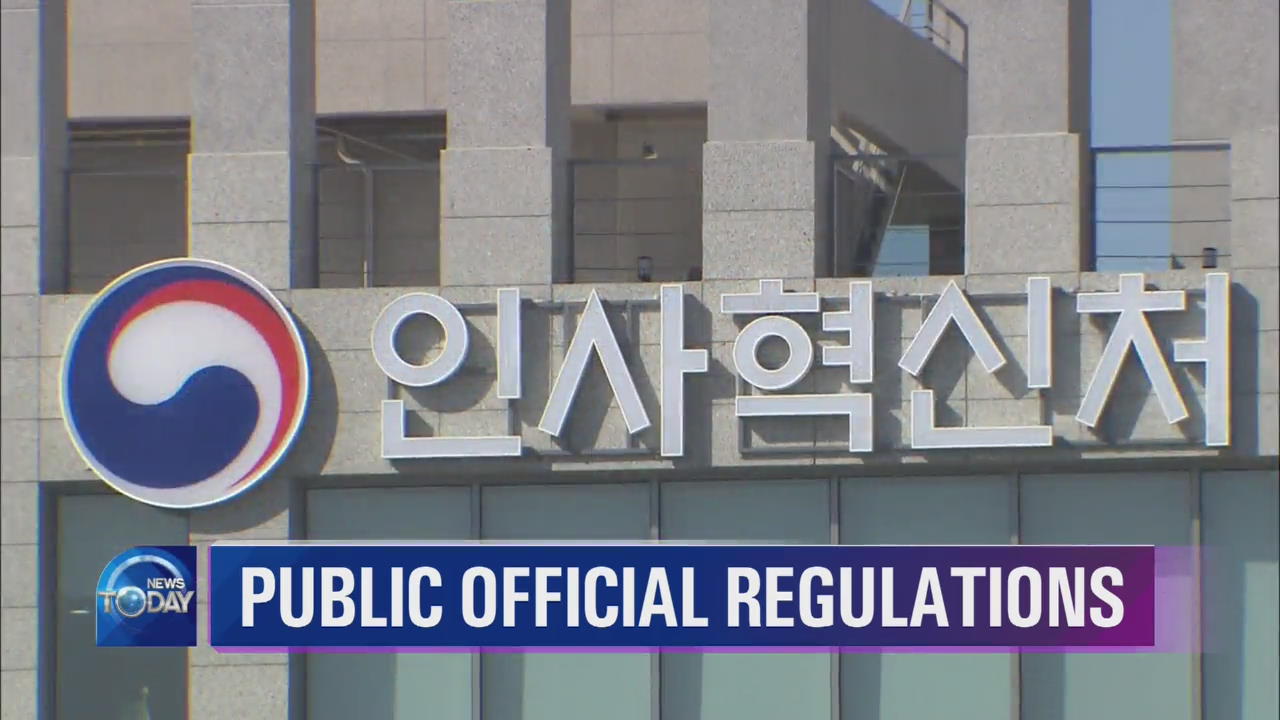FOREIGN EXCHANGE VOLATILITY
입력 2019.05.21 (15:06)
수정 2019.05.21 (16:46)
읽어주기 기능은 크롬기반의
브라우저에서만 사용하실 수 있습니다.
[Anchor Lead]
The recent increase in currency volatility is garnering much attention, as the Korean won is losing sharply against the greenback. The government is promising to take measures to stabilize the financial market if the volatility expands further. Next, we will look into what impact the rising foreign exchange rate will have on the nation's exports.
[Pkg]
Hyundai Motor's Tucson was the most exported Korean vehicle to the U.S. market. It currently sells for 26,000 U.S. dollars on average. A year ago, the sale of one Tuscon fetched 28 million won on average. The amount has now risen to 31 million won. This kind rise in the exchange rate benefits some finished goods exporters.
[Soundbite] KIM JOON-SEONG(MERITZ SECURITIES) : "Industries that see an increase in demand can benefit from the weakening Korean won. The automobile and shipbuilding industries are among them."
However, the recently depreciating Korean won is expected not to help the nation's exports overall. South Korea's exports are now sluggish mainly due to a decreasing global demand for semiconductor chips, which are one of the nation's flagship export items. As such, it is difficult to say that a weakening Korean won would help boost the nation's shipments. Analysts say that a weak Korean won leads to bullish exports when the global economy is booming. However, a depreciating won doesn't bolster shipments immediately when the global economy is in a slump and exports are discouraged generally. This is because global economic trends have a larger influence than the currency exchange rate. The current volatility in the exchange rate is being caused by the trade conflict between the U.S. and China. The situation could become more difficult if the trade dispute worsens further.
[Soundbite] CHO YOUNG-MOO(LG ECONOMIC RESEARCH INSTITUTE) : "With the global economic recovery slowing down and struggling emerging economies, it would be hard for South Korea to increase exports, even if the weak Korean won gives domestic exporters some price edge."
The weak Korean won has limited impacts on the nation's exports, since domestic companies are increasing production at overseas plants and non-price factors, such as brand image, are becoming more important in determining competitiveness.
The recent increase in currency volatility is garnering much attention, as the Korean won is losing sharply against the greenback. The government is promising to take measures to stabilize the financial market if the volatility expands further. Next, we will look into what impact the rising foreign exchange rate will have on the nation's exports.
[Pkg]
Hyundai Motor's Tucson was the most exported Korean vehicle to the U.S. market. It currently sells for 26,000 U.S. dollars on average. A year ago, the sale of one Tuscon fetched 28 million won on average. The amount has now risen to 31 million won. This kind rise in the exchange rate benefits some finished goods exporters.
[Soundbite] KIM JOON-SEONG(MERITZ SECURITIES) : "Industries that see an increase in demand can benefit from the weakening Korean won. The automobile and shipbuilding industries are among them."
However, the recently depreciating Korean won is expected not to help the nation's exports overall. South Korea's exports are now sluggish mainly due to a decreasing global demand for semiconductor chips, which are one of the nation's flagship export items. As such, it is difficult to say that a weakening Korean won would help boost the nation's shipments. Analysts say that a weak Korean won leads to bullish exports when the global economy is booming. However, a depreciating won doesn't bolster shipments immediately when the global economy is in a slump and exports are discouraged generally. This is because global economic trends have a larger influence than the currency exchange rate. The current volatility in the exchange rate is being caused by the trade conflict between the U.S. and China. The situation could become more difficult if the trade dispute worsens further.
[Soundbite] CHO YOUNG-MOO(LG ECONOMIC RESEARCH INSTITUTE) : "With the global economic recovery slowing down and struggling emerging economies, it would be hard for South Korea to increase exports, even if the weak Korean won gives domestic exporters some price edge."
The weak Korean won has limited impacts on the nation's exports, since domestic companies are increasing production at overseas plants and non-price factors, such as brand image, are becoming more important in determining competitiveness.
■ 제보하기
▷ 카카오톡 : 'KBS제보' 검색, 채널 추가
▷ 전화 : 02-781-1234, 4444
▷ 이메일 : kbs1234@kbs.co.kr
▷ 유튜브, 네이버, 카카오에서도 KBS뉴스를 구독해주세요!
- FOREIGN EXCHANGE VOLATILITY
-
- 입력 2019-05-21 15:13:09
- 수정2019-05-21 16:46:10

[Anchor Lead]
The recent increase in currency volatility is garnering much attention, as the Korean won is losing sharply against the greenback. The government is promising to take measures to stabilize the financial market if the volatility expands further. Next, we will look into what impact the rising foreign exchange rate will have on the nation's exports.
[Pkg]
Hyundai Motor's Tucson was the most exported Korean vehicle to the U.S. market. It currently sells for 26,000 U.S. dollars on average. A year ago, the sale of one Tuscon fetched 28 million won on average. The amount has now risen to 31 million won. This kind rise in the exchange rate benefits some finished goods exporters.
[Soundbite] KIM JOON-SEONG(MERITZ SECURITIES) : "Industries that see an increase in demand can benefit from the weakening Korean won. The automobile and shipbuilding industries are among them."
However, the recently depreciating Korean won is expected not to help the nation's exports overall. South Korea's exports are now sluggish mainly due to a decreasing global demand for semiconductor chips, which are one of the nation's flagship export items. As such, it is difficult to say that a weakening Korean won would help boost the nation's shipments. Analysts say that a weak Korean won leads to bullish exports when the global economy is booming. However, a depreciating won doesn't bolster shipments immediately when the global economy is in a slump and exports are discouraged generally. This is because global economic trends have a larger influence than the currency exchange rate. The current volatility in the exchange rate is being caused by the trade conflict between the U.S. and China. The situation could become more difficult if the trade dispute worsens further.
[Soundbite] CHO YOUNG-MOO(LG ECONOMIC RESEARCH INSTITUTE) : "With the global economic recovery slowing down and struggling emerging economies, it would be hard for South Korea to increase exports, even if the weak Korean won gives domestic exporters some price edge."
The weak Korean won has limited impacts on the nation's exports, since domestic companies are increasing production at overseas plants and non-price factors, such as brand image, are becoming more important in determining competitiveness.
The recent increase in currency volatility is garnering much attention, as the Korean won is losing sharply against the greenback. The government is promising to take measures to stabilize the financial market if the volatility expands further. Next, we will look into what impact the rising foreign exchange rate will have on the nation's exports.
[Pkg]
Hyundai Motor's Tucson was the most exported Korean vehicle to the U.S. market. It currently sells for 26,000 U.S. dollars on average. A year ago, the sale of one Tuscon fetched 28 million won on average. The amount has now risen to 31 million won. This kind rise in the exchange rate benefits some finished goods exporters.
[Soundbite] KIM JOON-SEONG(MERITZ SECURITIES) : "Industries that see an increase in demand can benefit from the weakening Korean won. The automobile and shipbuilding industries are among them."
However, the recently depreciating Korean won is expected not to help the nation's exports overall. South Korea's exports are now sluggish mainly due to a decreasing global demand for semiconductor chips, which are one of the nation's flagship export items. As such, it is difficult to say that a weakening Korean won would help boost the nation's shipments. Analysts say that a weak Korean won leads to bullish exports when the global economy is booming. However, a depreciating won doesn't bolster shipments immediately when the global economy is in a slump and exports are discouraged generally. This is because global economic trends have a larger influence than the currency exchange rate. The current volatility in the exchange rate is being caused by the trade conflict between the U.S. and China. The situation could become more difficult if the trade dispute worsens further.
[Soundbite] CHO YOUNG-MOO(LG ECONOMIC RESEARCH INSTITUTE) : "With the global economic recovery slowing down and struggling emerging economies, it would be hard for South Korea to increase exports, even if the weak Korean won gives domestic exporters some price edge."
The weak Korean won has limited impacts on the nation's exports, since domestic companies are increasing production at overseas plants and non-price factors, such as brand image, are becoming more important in determining competitiveness.
이 기사가 좋으셨다면
-
좋아요
0
-
응원해요
0
-
후속 원해요
0

















이 기사에 대한 의견을 남겨주세요.